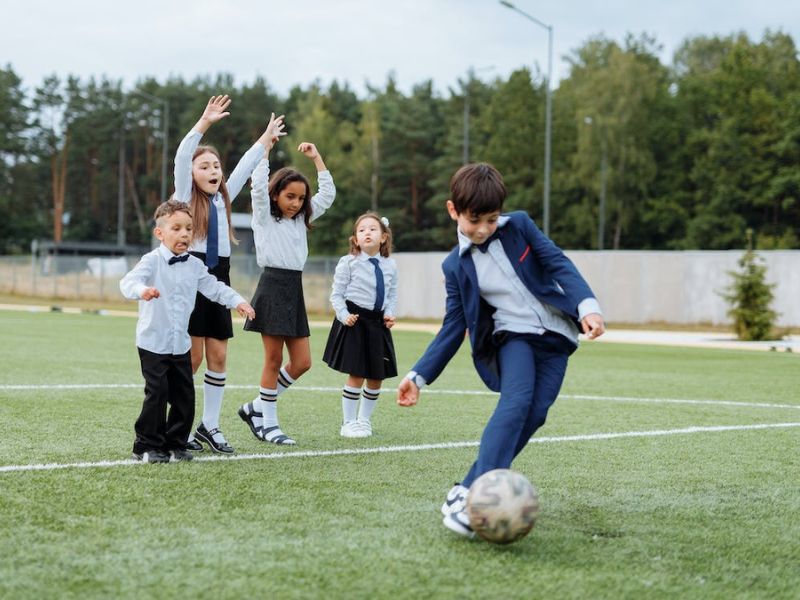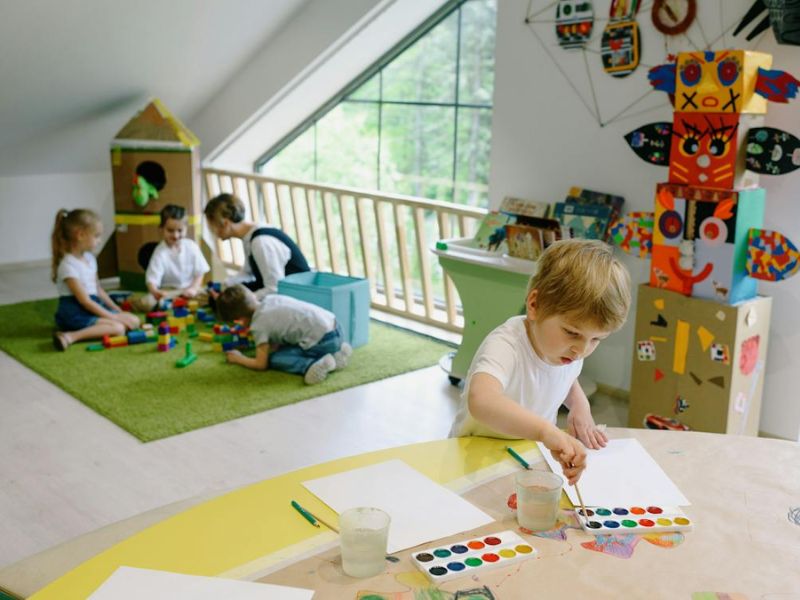Recess is an essential part of childhood development, providing kids with opportunities to engage in physical activity, socialize with peers, and decompress from the demands of the classroom. Despite this, many schools continue to take away recess as a form of punishment, a counterproductive practice, and potentially harmful to children’s well-being.

Image Credit: Pexels/Thirdman
Research has shown that recess is not just a break from academic work but also a valuable learning opportunity. During recess, kids engage in unstructured play, which promotes creativity, problem-solving skills, and social development. Studies have also shown that physical activity during recess can improve academic performance, enhance cognitive function, and reduce stress and anxiety.
Despite these benefits, many schools still take away recess as a punishment for misbehavior, tardiness, or incomplete work. This practice not only undermines the educational value of recess but also punishes kids for behavior that may be outside their control, such as being late due to transportation issues or struggling with a difficult assignment. Moreover, taking away recess may exacerbate the behavior that prompted the punishment, as kids deprived of physical activity and social interaction may become more restless, agitated, and distracted in the classroom.
Furthermore, taking away recess as a punishment can have negative consequences for children’s physical and mental health. Kids who miss out on recess are more likely to be sedentary, overweight, and at risk for health problems such as diabetes and heart disease. They may also experience more stress and anxiety, affecting their overall well-being and academic performance.

Image Credit: Pexels/Ksenia Chernaya
In conclusion, recess is a critical component of childhood development, providing kids with opportunities to learn, play, and socialize. Punishing children by taking away recess undermines its educational and health benefits and conveys that physical activity and social interaction are unnecessary. Instead of taking away recess, schools should consider alternative forms of discipline that teach kids positive behaviors and reinforce the value of physical activity and socialization. Schools can create a healthier, happier, and more productive learning environment for all students by prioritizing recess.